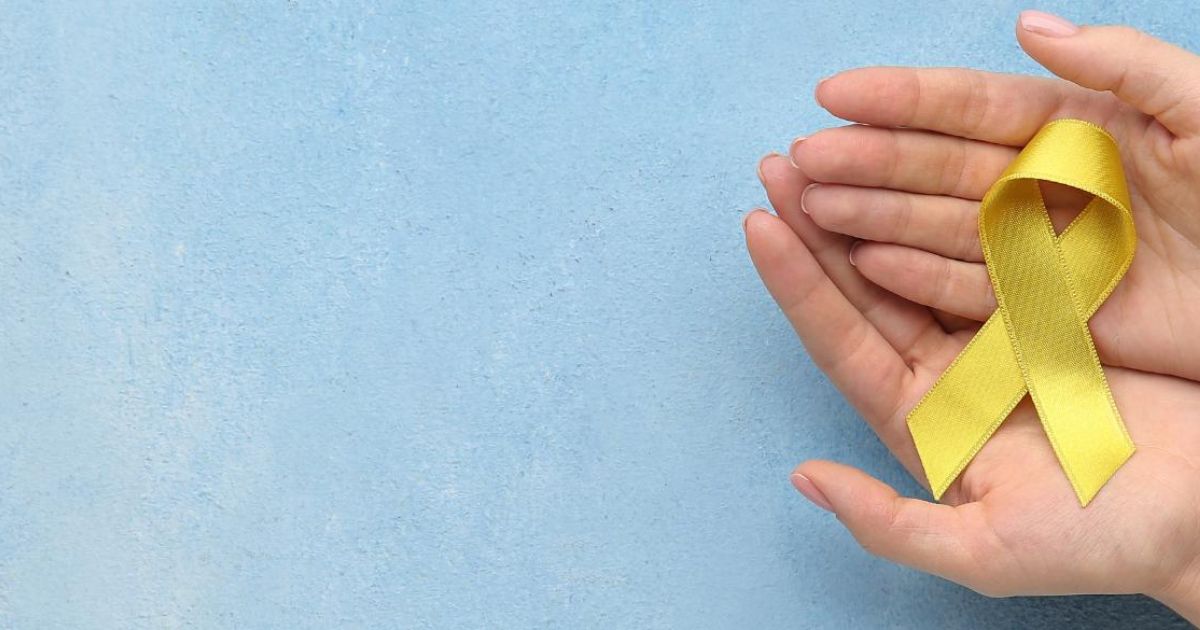For close to half a century, National Suicide Prevention Week has been a vital platform for raising awareness about this critical issue, fostering empathy, and combating the stigma surrounding mental health.
Dr. Julie Wolfe, a distinguished psychiatrist and assistant professor at the University of Colorado School of Medicine, holds a vital role as the Medical Director of Student and Resident Mental Health on the CU Anschutz Medical Campus. Her work has gained increasing significance, especially in light of the COVID-19 pandemic, which has seen a concerning 25% surge in global rates of depression and anxiety.
In a candid conversation with NBC10, Dr. Wolfe offers valuable insights into recognizing warning signs, exploring treatment options, utilizing campus resources, and navigating the unique challenges faced by medical students in the context of the pandemic.
Identifying individuals who may be at risk of suicide is a complex but crucial endeavor. Dr. Wolfe emphasizes that not everyone openly discusses their feelings of depression or sadness.
Instead, observable changes in behavior, such as withdrawal from social activities and neglect of personal care, can be significant indicators. Patterns of irregular sleep, from excessive to insufficient, can also provide insight into an individual’s mental state.
Moreover, expressions of self-doubt, feelings of worthlessness, and an inability to envision a positive future are common signs of internal turmoil.
Dr. Wolfe highlights the importance of attentiveness to these signals, as they can be pivotal in offering timely support.
Extending Support Through National Suicide Prevention Week
It is not uncommon for individuals to feel an overwhelming responsibility to alleviate the suffering of a loved one in crisis.
While this inclination stems from genuine care and concern, Dr. Wolfe emphasizes that it is not the role of friends or family to provide professional treatment.
Encouraging the person to seek professional help is paramount. In cases of immediate concern, calling 911 to request a mental health-trained professional can be a life-saving intervention.
At CU Anschutz, the Student and Resident Mental Health Clinic offers a specialized space for students and residents to seek confidential support.
Whether presenting at the clinic or in the emergency room, individuals are evaluated by a team of psychiatric experts who coordinate referrals and follow-up care.
The COVID-19 pandemic has wrought profound changes in society, especially in the realm of mental health.
Dr. Wolfe acknowledges the devastating toll of isolation brought on by the pandemic’s restrictions. The loss of crucial human connections significantly impacted mental health worldwide.
However, Dr. Wolfe also notes a positive outcome: a decrease in the stigma surrounding mental health discussions. Many individuals are now proactively reaching out for support, recognizing the importance of mental well-being in navigating life’s challenges.
Imposter Syndrome and Its Role in Mental Health
Drawing from her extensive experience, Dr. Wolfe underscores the prevalence of imposter syndrome among graduate students. The transition to a highly competitive academic environment can lead individuals to question their abilities and worth, particularly when surrounded by peers of exceptional talent.
Dr. Wolfe advises patients to consider taking breaks from social media to counteract the undue pressure of comparison. Recognizing that curated online personas do not reflect the full spectrum of human experience can be a powerful tool in reshaping self-perception.
At the Student and Resident Mental Health clinic, a diverse range of services, including medication management, individual psychotherapy, and group therapies, are offered. The clinic tailors treatment approaches to suit individual preferences and needs.
For those requiring more intensive care, outpatient and partial hospitalization programs provide structured support. In severe cases, admission to a psychiatric unit may be necessary, with the level of care determined by a mental health professional based on the individual’s condition.
In summary, Dr. Julie Wolfe’s invaluable insights and expertise serve as a beacon of hope for those navigating the complexities of mental health, particularly in the context of the demanding medical school environment.
Her work at CU Anschutz Medical Campus is a testament to the transformative power of comprehensive mental health support in fostering resilience and well-being.
As awareness continues to grow, and resources become more accessible, individuals facing mental health challenges can find solace in knowing that help is available and that they are not alone in their journey towards recovery.




























